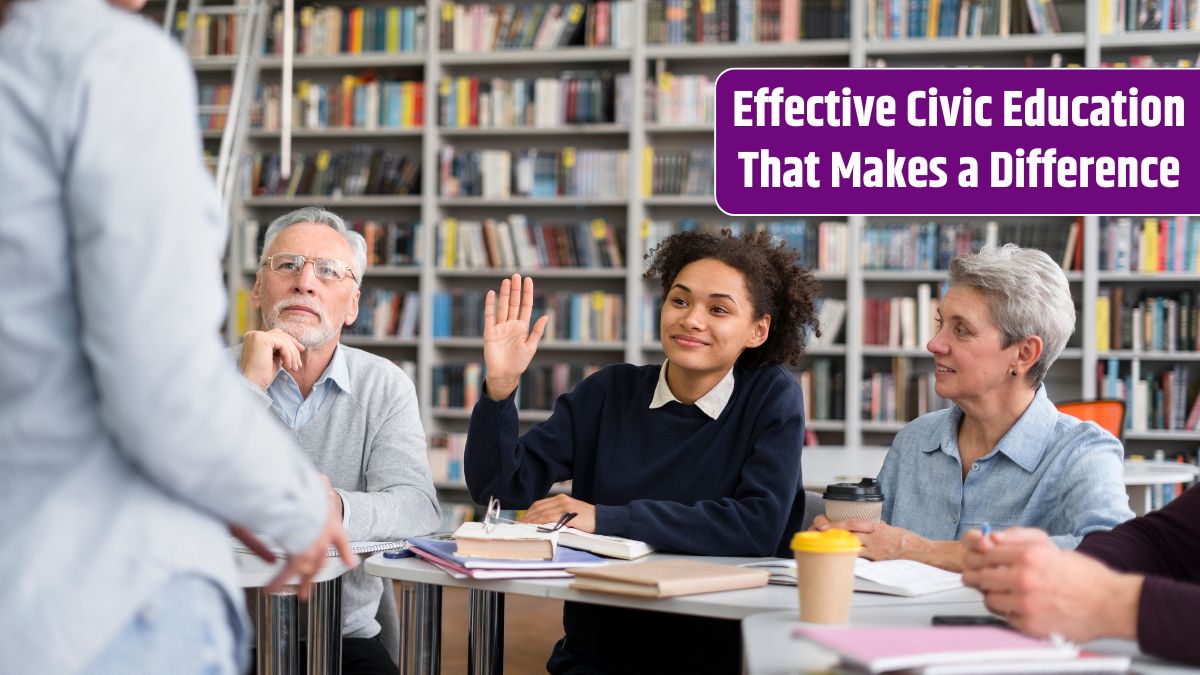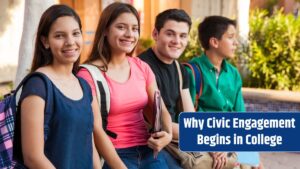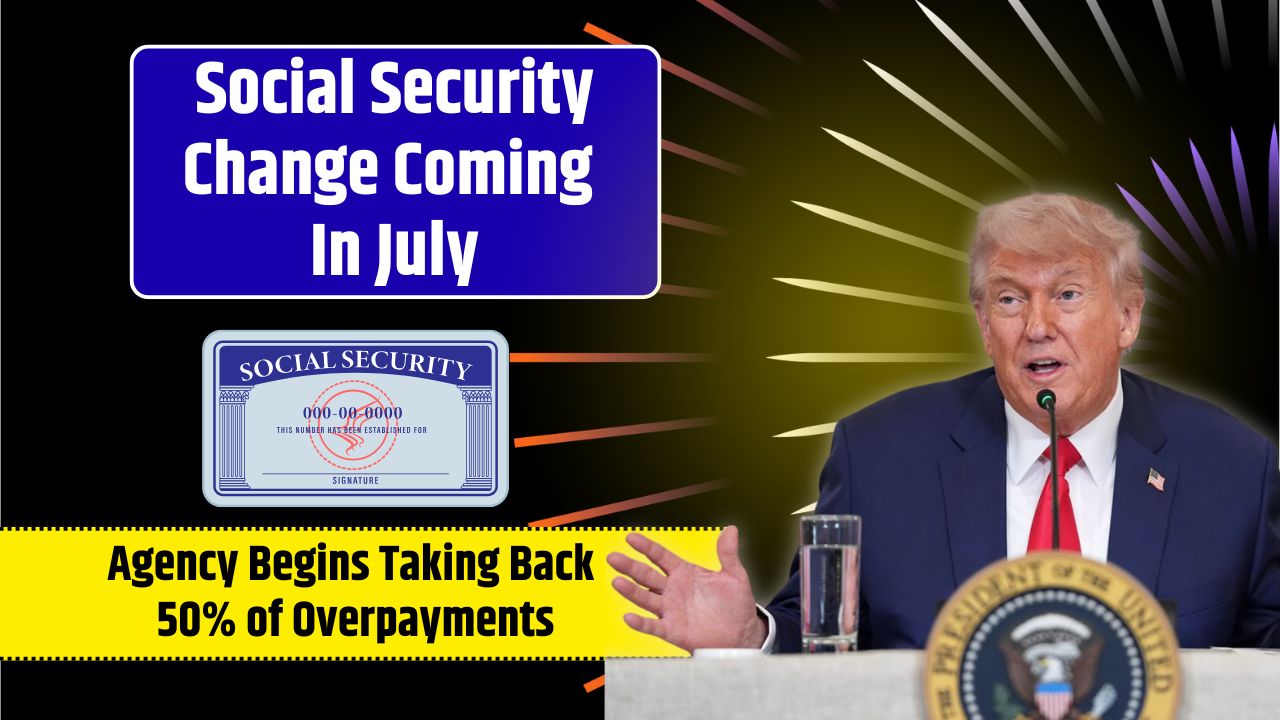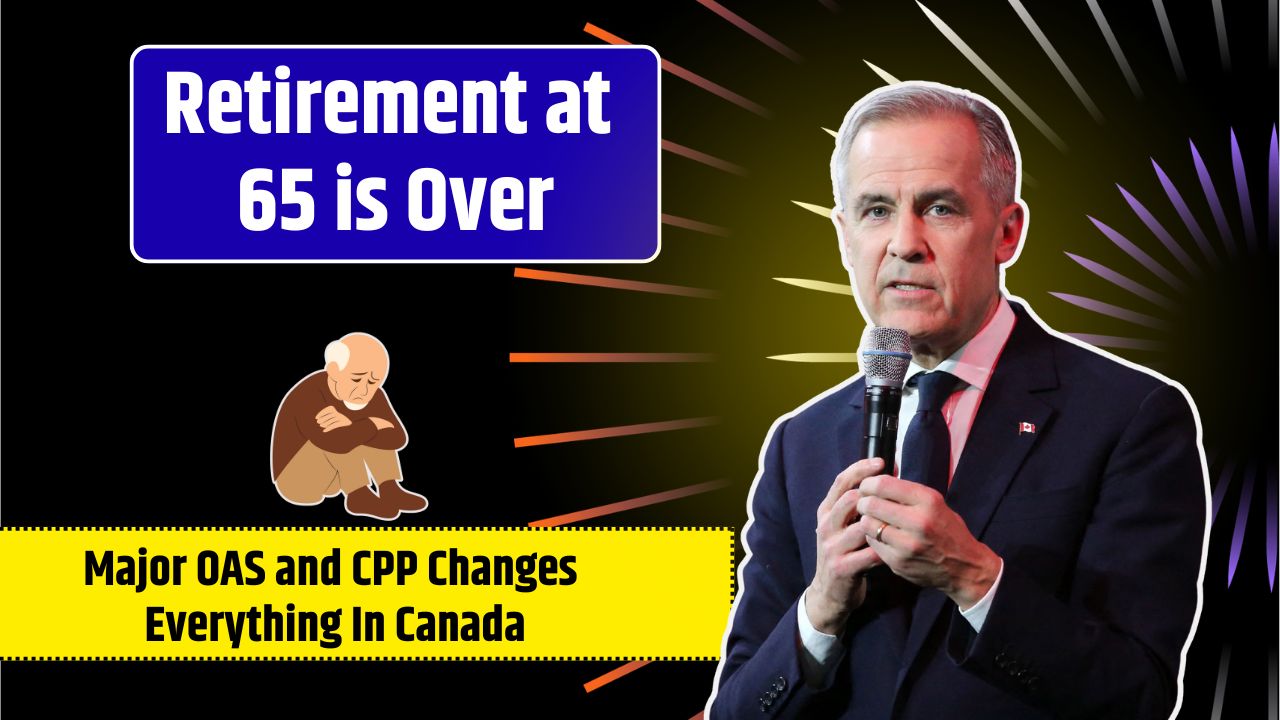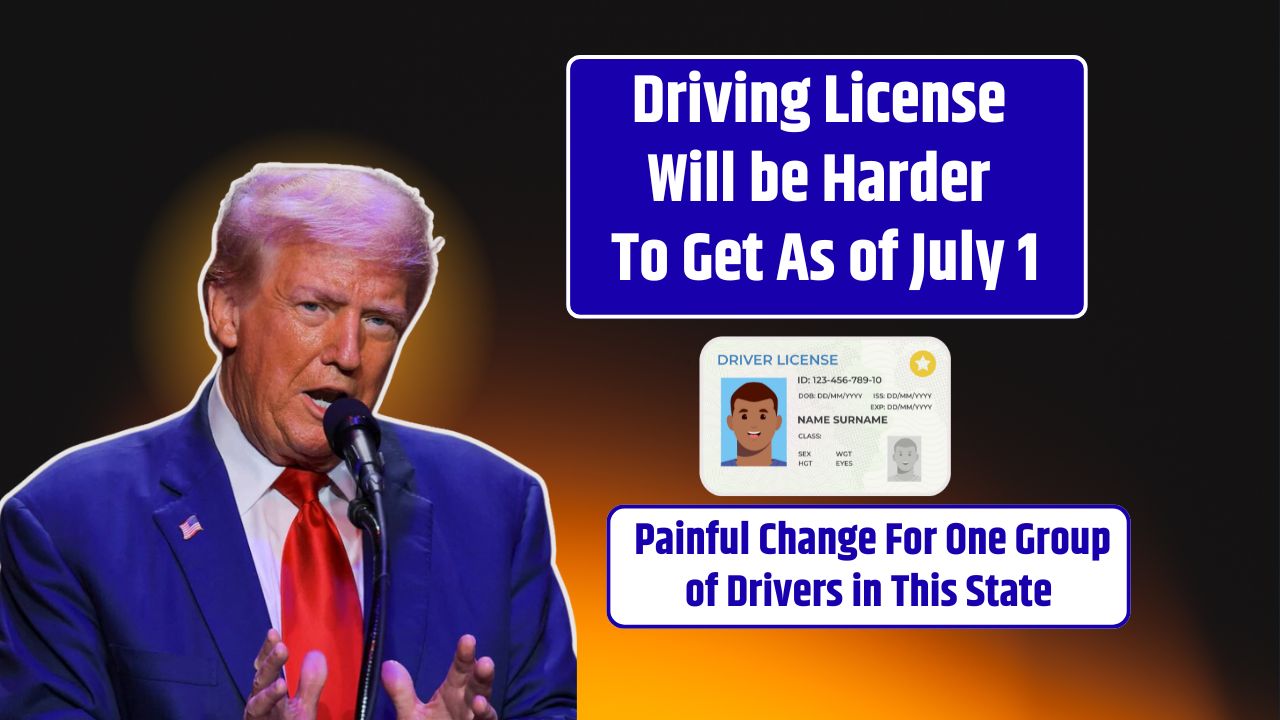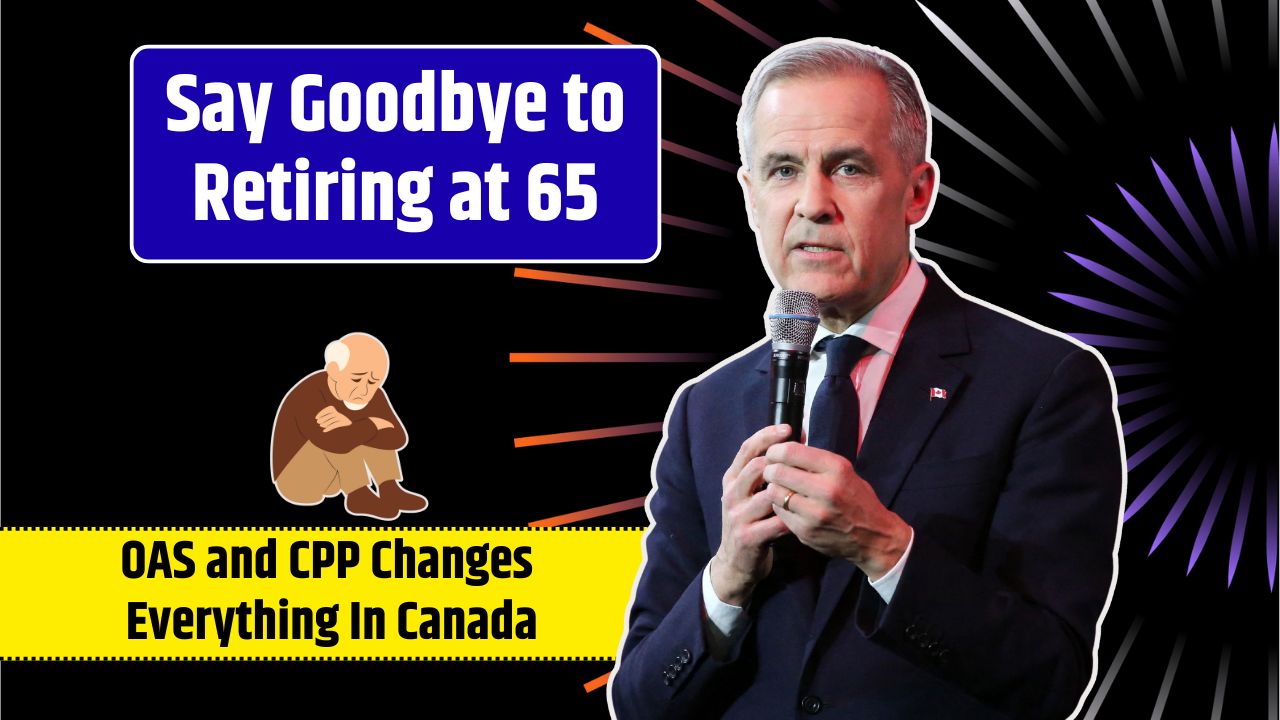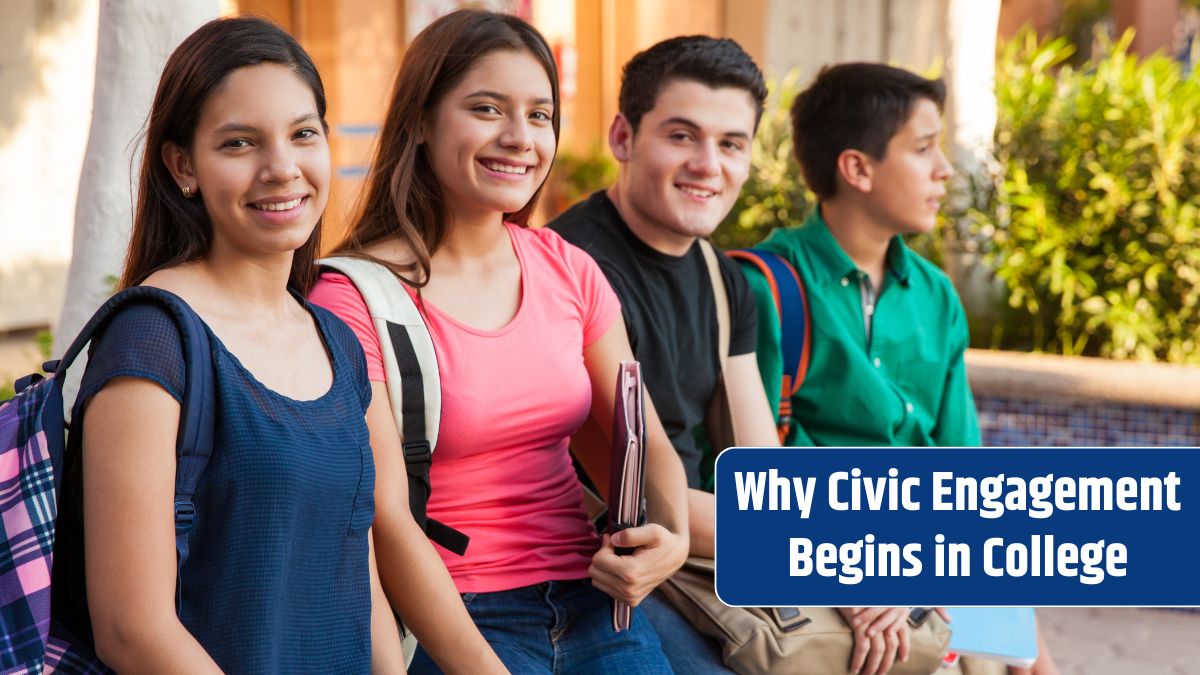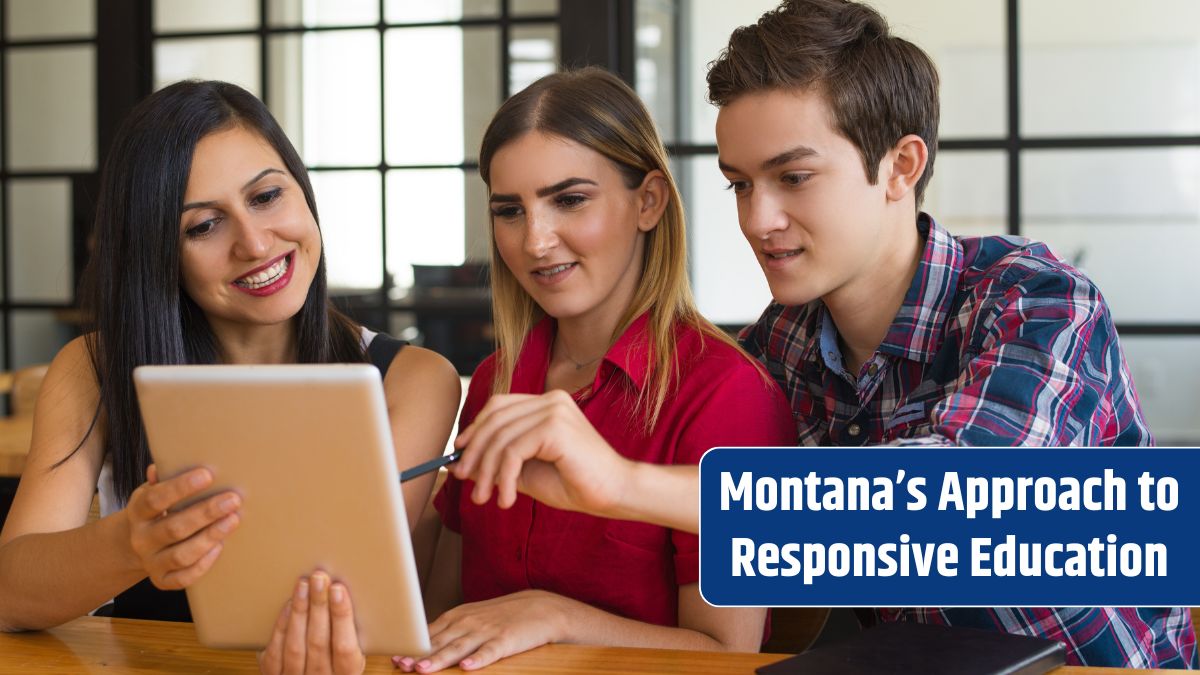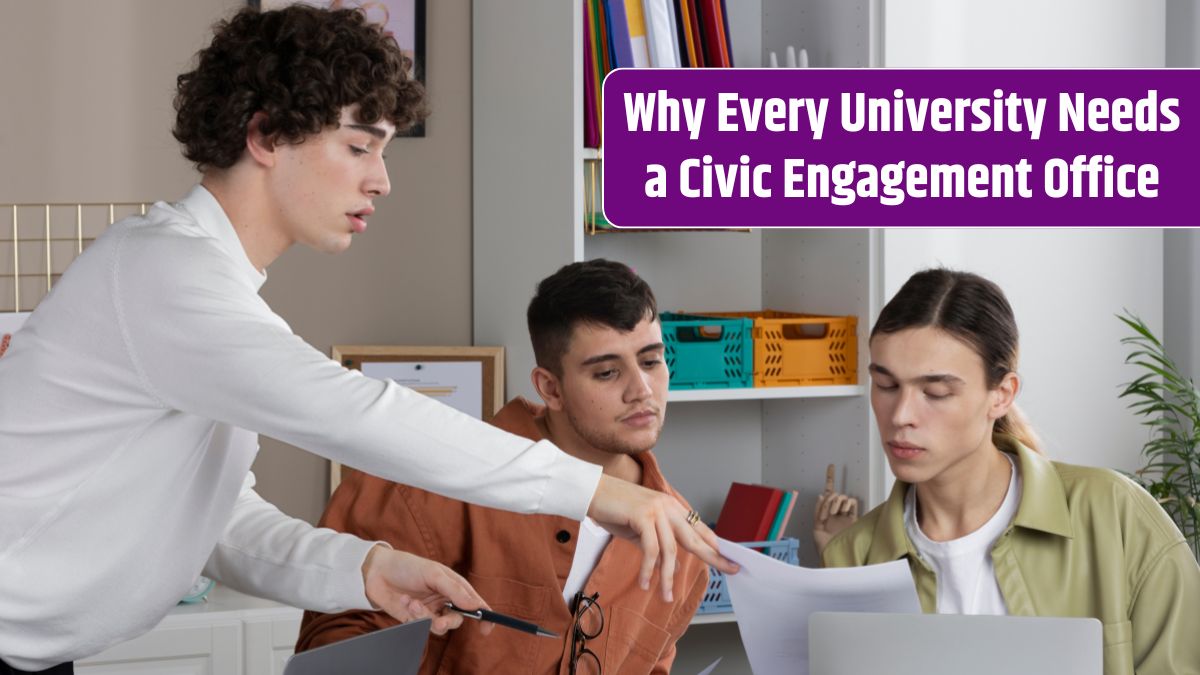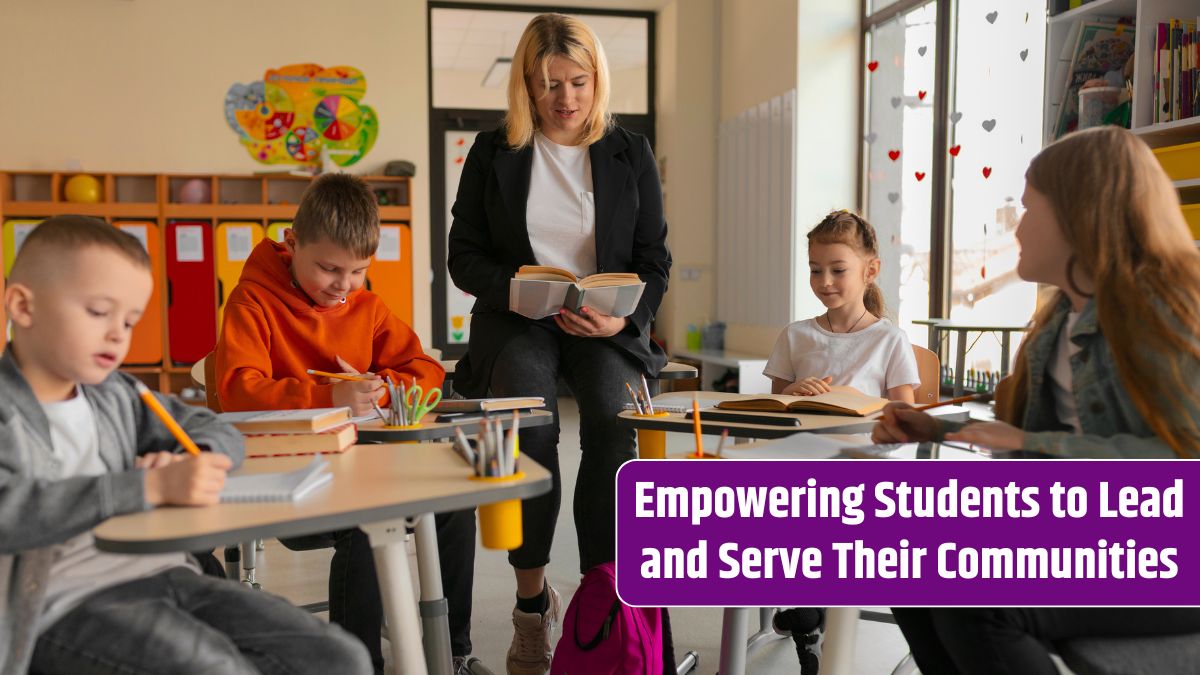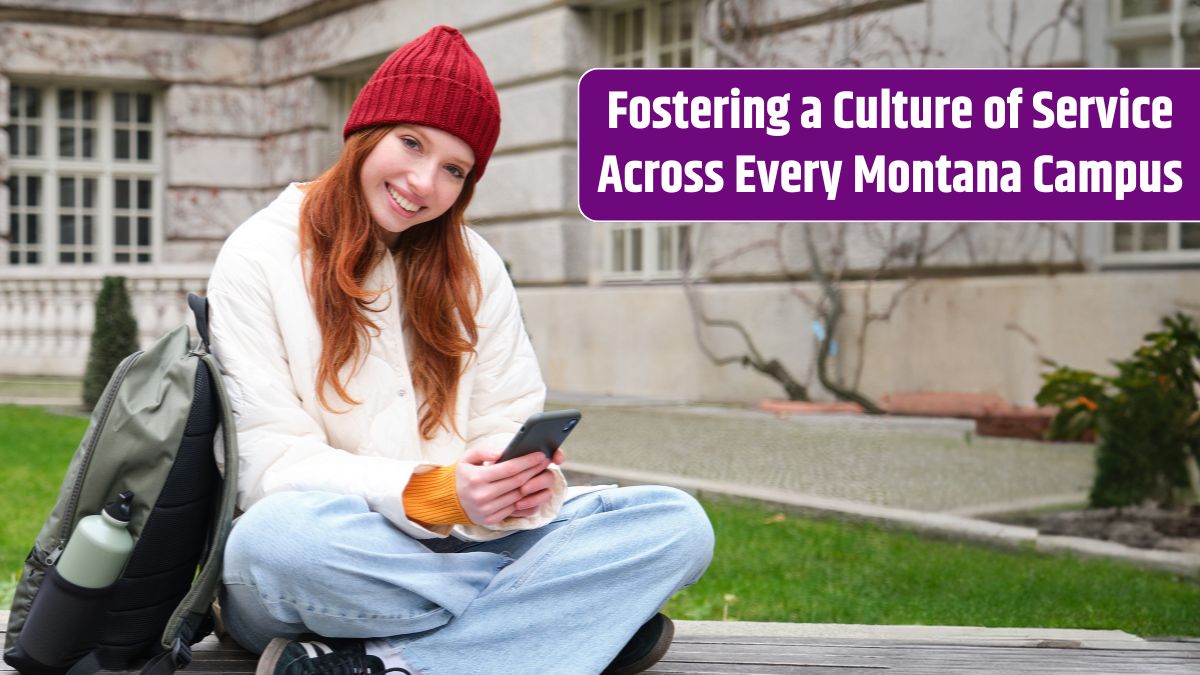Civic education isn’t just about knowing the names of government officials or memorizing the Constitution. It’s about empowering people—especially young citizens—to engage in their communities and make meaningful change. But here’s the catch: not all civic education programs are created equal. Some only scratch the surface, while others truly spark transformation. So, how do we go from just talking about democracy to actually living it?
Table of Contents
Mindset
Let’s start with mindset. Traditional civic education often focuses on rote facts—branches of government, voting laws, historic events. While that’s important, it doesn’t light a fire. What really matters is helping students see themselves as agents of change. This shift in perspective—from passive learners to active participants—can be the difference between apathy and action.
For example, when students are taught to question, debate, and solve real-world problems, they’re more likely to take ownership of their civic role. It’s not just about knowing what a citizen does—it’s about feeling like one.
Engagement
Engagement is key. Civic education that makes a difference gets students involved beyond the classroom. That might mean organizing a local clean-up, writing to lawmakers, or joining a youth advisory board. When people get their hands dirty, they gain confidence and a stronger sense of belonging in their communities.
Schools that connect students with local leaders, nonprofits, and community projects create lasting impressions. This kind of hands-on learning sticks far longer than textbook lessons ever could.
Relevance
One of the biggest problems with ineffective civic education? It feels outdated. If students can’t connect classroom lessons to their everyday lives, they’ll tune out. Relevance brings learning to life.
For instance, talking about racial justice, climate change, or voting rights in a current, local context helps students see how democracy affects them personally. When they recognize that their voice matters in issues they care about, they’re more likely to act.
Practice
Theory without practice falls flat. Effective civic education includes simulations and real-world applications. Think mock elections, town hall meetings, debates, and student-led campaigns.
This isn’t just play-acting—it builds skills like public speaking, critical thinking, and collaboration. And when students practice being citizens, they build the muscle memory to stay engaged for life.
Support
Teachers can’t do it alone. They need tools, training, and support from schools and communities. Well-funded programs, professional development, and strong partnerships with local organizations can elevate civic education from average to exceptional.
Also, schools must create a culture that values student voices. That means letting students lead, speak up, and sometimes even challenge the status quo—safely and constructively.
Impact
When civic education is done right, it produces real results. Students become voters, volunteers, leaders, and change-makers. Communities see increased participation, more informed decision-making, and stronger democratic institutions.
Here’s a quick look at what effective civic education can lead to:
| Outcome | Impact on Society |
|---|---|
| Increased voter turnout | More representative policies |
| More youth activism | Greater policy innovation |
| Better media literacy | Reduced misinformation |
| Stronger communities | More inclusive decision-making |
Good civic education isn’t a one-and-done lesson—it’s a lifelong journey. And the earlier and deeper it starts, the more likely it is to stick.
From awareness to action, true civic education gives people the tools—and the motivation—to shape their world. It’s not just about knowing democracy. It’s about doing it.
FAQs
What is civic education?
It’s teaching people how to actively engage in civic life.
Why is action important in civic learning?
Action empowers people to apply what they learn in real life.
How can schools teach active citizenship?
By involving students in real-world community projects.
What makes civic education effective?
Relevance, engagement, practice, and support systems.
Who benefits from civic education?
Students, communities, and democratic institutions.

